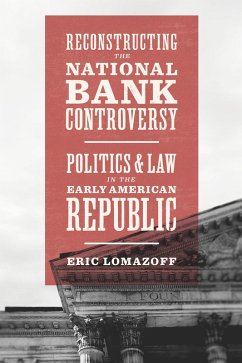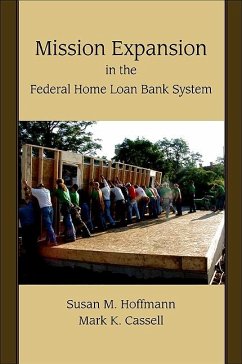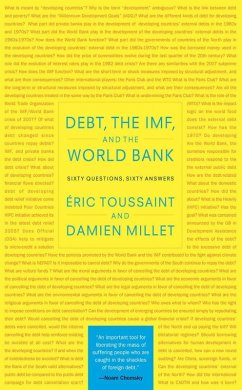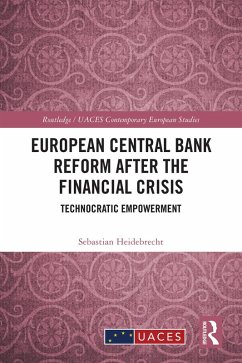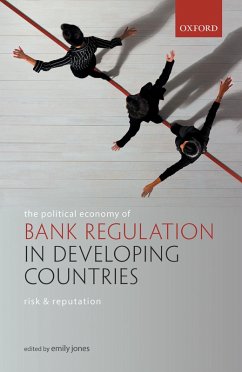
On the constitutionality of a national bank (eBook, ePUB)
A Federalist Vision for Economic Stability and Growth in America

PAYBACK Punkte
0 °P sammeln!
In "On the Constitutionality of a National Bank," Alexander Hamilton articulates a compelling argument for the creation of a national bank, exploring its implications within the framework of federal power and constitutional authority. Written in a clear and assertive style, Hamilton's discourse not only engages with the intricate nuances of the Constitution but also serves as a foundational text for American economic policy. Contextually situated in the early years of the American republic, this essay reflects the contentious debates of the 1790s regarding federalism and states' rights, captur...
In "On the Constitutionality of a National Bank," Alexander Hamilton articulates a compelling argument for the creation of a national bank, exploring its implications within the framework of federal power and constitutional authority. Written in a clear and assertive style, Hamilton's discourse not only engages with the intricate nuances of the Constitution but also serves as a foundational text for American economic policy. Contextually situated in the early years of the American republic, this essay reflects the contentious debates of the 1790s regarding federalism and states' rights, capturing the spirit of a nation grappling with its identity and governance. Hamilton, as one of the Founding Fathers and the first Secretary of the Treasury, possessed a unique perspective shaped by his experiences in revolutionary America and his dedication to a strong centralized government. His insights were influenced by Enlightenment thinkers and the urgent economic needs of a nation struggling to stabilize its financial systems. This treatise exemplifies his visionary approach to economics and governance, highlighting the necessity of federal institutions in fostering economic growth. Readers interested in American history, constitutional law, or economic theory will find Hamilton's arguments not only persuasive but also incredibly relevant today. "On the Constitutionality of a National Bank" is essential for understanding the foundations of American financial systems and offers profound insights into the ongoing discourse surrounding the role of government in economic affairs.
Dieser Download kann aus rechtlichen Gründen nur mit Rechnungsadresse in A, B, BG, CY, CZ, D, DK, EW, E, FIN, F, GR, H, IRL, I, LT, L, LR, M, NL, PL, P, R, S, SLO, SK ausgeliefert werden.







